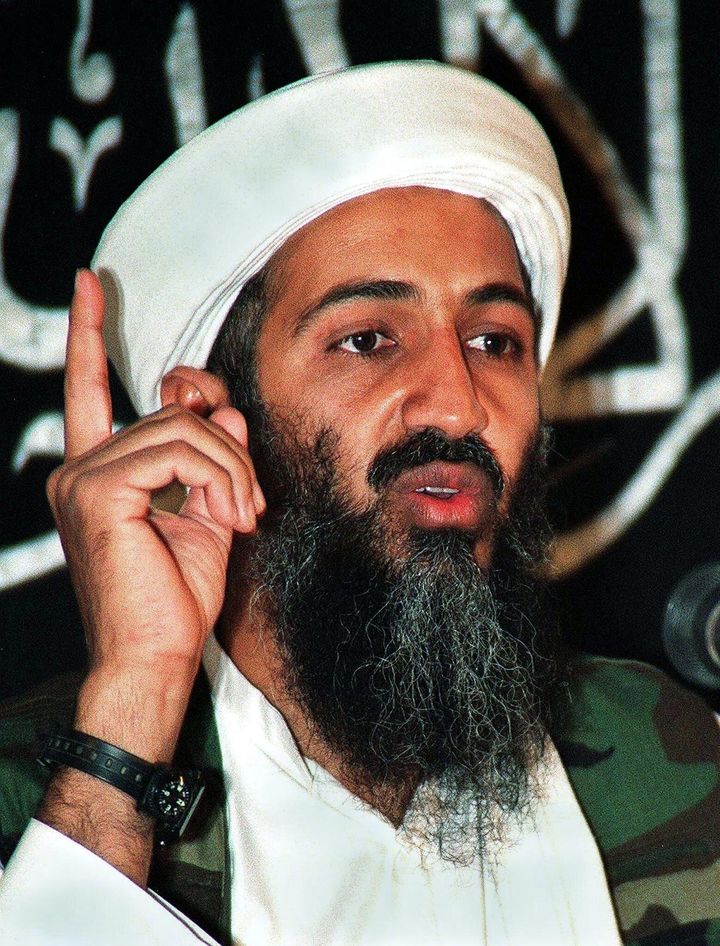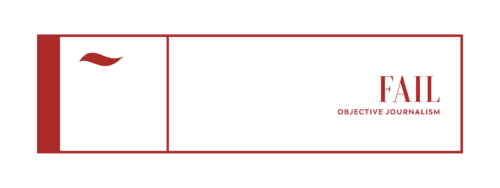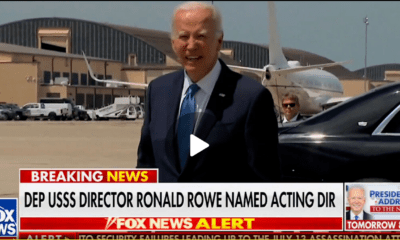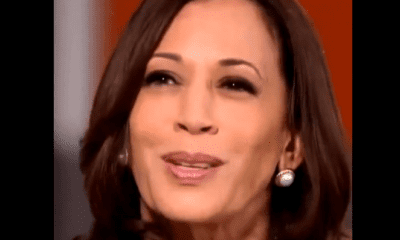Censorship Watch
BREAKING: Why Are Liberals On TikTok AGREEING With Osama Bin Laden?

In the latest unsettling development on social media, Osama bin Laden’s infamous “letter to America” justifying the horrific 9/11 attacks has found an alarming resurgence on TikTok. This trend, which began with a pro-Palestinian activist encouraging followers to read the letter, raises serious concerns about the platform’s influence and its potential implications for American values.
The hashtag #lettertoamerica has skyrocketed to over 13.9 million views, despite TikTok’s denial of its virality. This raises questions not only about the platform’s ability to control harmful content but also about the responsibility it bears as a powerful global social media giant.
The fact that a letter justifying one of the deadliest terrorist attacks in history is gaining sympathy and promotion on a platform with over 100 million American users is deeply troubling. The question arises: How did we get to a point where such content is not only tolerated but also seemingly embraced?
The roots of this trend trace back to a pro-Palestinian activist, Lynette Adkins, who urged her followers to delve into Bin Laden’s justifications. This prompts reflection on the broader issue of foreign influence and manipulation, especially considering TikTok’s ownership by China, a geopolitical adversary.
It is not a mere coincidence that a platform owned by a nation with conflicting interests is becoming a conduit for content that paints America in a negative light. The concern is not just about a single trending topic but about the broader influence that such platforms may exert in shaping public opinion.
Some argue that this trend is indicative of a more insidious agenda – one that seeks to foster disdain for American history and encourage an unsettling affinity for enemies. The idea that a Chinese-owned platform could potentially shape the narrative around sensitive historical events raises serious geopolitical concerns.
TikTok’s denial of the virality of the hashtag may attempt to downplay the issue, but it underscores the pressing need for a critical examination of the platform’s role in shaping public opinion. The potential for foreign influence, intentional or not, must be addressed to ensure the integrity of public discourse and protect American values.
In conclusion, the resurgence of Bin Laden’s letter on TikTok is not just a fleeting trend but a symptom of a broader issue that demands attention. As Americans, we must be vigilant about the information we consume and the platforms we engage with, especially when the lines between entertainment and foreign influence become increasingly blurred.






